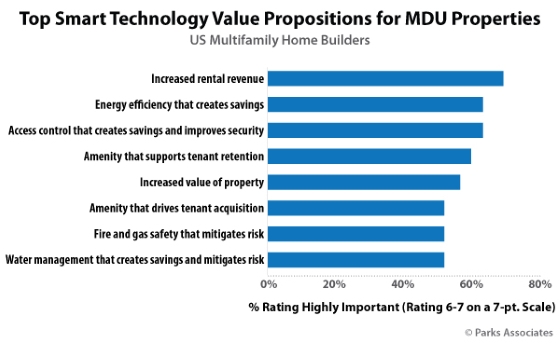
Within today’s online landscape, ensuring the security of online links is essential, especially in Multi-Dwelling Buildings (MDUs) such as flat buildings and condominiums . Residents in these communal environments often link to the same network, which can make them susceptible to online dangers. One effective way to enhance internet safety in MDUs is through the tactical deployment of Virtual Secure Networks (VPNs). VPNs establish a secure connection over the internet, allowing individuals to safeguard their private data and maintain privacy while online.
A VPN works by coding the information that travels between a client’s gadget and the internet. This means that even if someone tries to intercept the information, they will not be able to access it. For inhabitants in MDUs, using a VPN can significantly reduce the risk of information leaks and illicit entry to private information. By encrypting their internet traffic, users can browse the internet, watch content, and interact digitally without worrying about cybercriminals or other malicious entities. This extra level of protection is particularly important in environments where many people share the same internet connection.
In protecting personal information, see post VPNs can also help tenants access content that may be restricted in their region. Many streaming services and websites limit access based on geographic location. By using a VPN, users can connect to nodes in different nations, enabling them to overcome these barriers and access a broader variety of internet material. This aspect can be especially attractive to inhabitants who wish to obtain global news, media, or learning materials that may not be accessible in their region.
Adopting VPNs in MDUs can also cultivate a feeling of community and trust among residents. When everyone in a building uses a VPN, it creates a more secure setting for sharing data and assets. Inhabitants can feel more comfortable using shared networks for activities like online banking or shopping, realizing that their information is safe. Additionally, building administrators can promote the use of VPNs as part of their comprehensive security strategy, helping to create a safer living space for all.
To conclude, the strategic implementation of VPNs in Multi-Dwelling Units is an efficient way to improve internet safety for tenants. By encrypting data, offering access to restricted material, and cultivating a sense of togetherness, VPNs provide numerous benefits that can improve the digital interaction for everyone. As online dangers continue to develop, it is essential for residents and building managers to prioritize online security and consider the benefits that VPNs can offer. Adopting this technology can lead to a more secure, more connected living space for all.